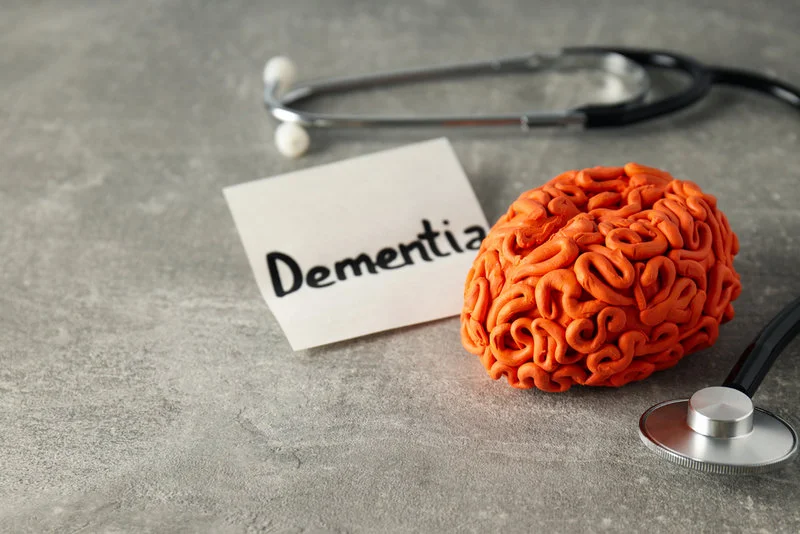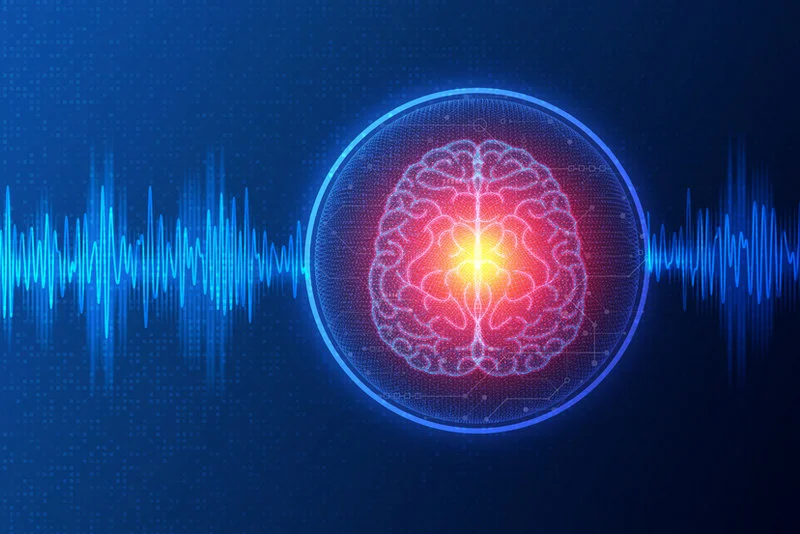Understanding Dementia and Its Effects
Dementia is a broad term referring to progressive conditions involving a steady decline in cognitive abilities severe enough to interfere with daily life. Alzheimer’s disease accounts for over 60% of cases, while vascular, Lewy body, and frontotemporal dementia make up other common diagnoses. Early symptoms may include the repeal of stories in conversation, trouble managing finances, getting lost in familiar places, or inability to follow step-by-step instructions.
As dementia progresses, memory loss becomes more pronounced and language facility deteriorates. Judgement, visual perception, and abstract thinking abilities also worsen resulting in unsafe behaviors like wandering. Personality and behavior changes emerge as well – from depression to aggression. The later stages impact physical capacities including motor functions and the ability to independently accomplish personal care. Quality of life diminishes drastically without proper treatment and management.


Importance of Early Intervention and Ongoing Treatment
While dementia shortens lifespan and cannot yet be fully reversed or cured, recent therapeutic advances now allow for enhanced symptom management and delayed progression to improve quality of living. Combining Alzheimer’s medications, cognitive training exercises, dietary and lifestyle regimens along with innovative technologies like transcranial magnetic stimulation aims to preserve cognitive faculties for as long as possible.
Targeted treatment plans maintain daily functioning by maximizing remaining neurological capacity. Though decline cannot be eternally halted, proper care keeps patients more engaged, active, and in less distress from symptoms. As scientific understanding evolves, the possibilities expand for not just stabilizing illness progression but potentially repairing and reversing underlying brain damage accountable for dementia. Early intervention is key, however, to ensuring the highest possible quality of life.
Cutting-Edge Treatment Options for Dementia
Progress against the complex neurological effects of dementia involves deploying both pharmacological and non-pharmacological interventions. Alzheimer’s drugs focus on modifying neurotransmitter activity to manage symptoms and regulate disease progression. Meanwhile, cognitive training programs concentrate on exercising key brain functions like memory, attention, and problem-solving to strengthen neural connections.
Alternative treatments for dementia and lifestyle approaches like nutritional therapy, exercise regimens, and increased social/community engagement help optimize overall cognitive performance as well. The most promising frontiers advance targeted technologies directly stimulating and enhancing affected brain structures. These include medical foods engineered to promote better brain energy metabolism, electromagnetic wave devices to improve blood flow, and transcranial magnetic stimulation to increase communication between neurons.

Our Core Treatments
Depression & Anxiety
Our new dTMS device will go deeper and cover more area than traditional TMS, providing better results.
TMS for OCD
We now have the only device approved by the FDA and covered by insurance for OCD.
TMS for Addictions
Smoking cessation has recently been approved by the FDA for our Brainsway device. Talk to us about your addictions.
Hope Found in TMS Treatment for Dementia
A particularly innovative treatment near the fore of dementia and Alzheimer’s therapy is transcranial magnetic stimulation (TMS). TMS for dementia focuses electromagnetic pulses on surface regions of the brain in order to activate deeper structures critical for cognitive functions disabled by neurodegenerative diseases. Studies demonstrate TMS can temporarily improve memory retrieval, language skills, and decision-making compromised in dementia.
Patients completing courses of TMS report a renewed ability to converse, retrieve knowledge of their personal histories, make logical choices, and function more independently – thus vastly improving their quality of life. As an entirely non-invasive form of brain stimulation with minimal side effects, TMS represents an exciting emerging therapy for managing Alzheimer’s, vascular dementia, Lewy body disease, and other common neurocognitive conditions.
If you or a loved one suffers from dementia, TMS therapy may be able to help recover cognitive abilities and improve quality of life. To find out if you may be a candidate for this innovative treatment option, contact us to schedule a consultation.
Get In Touch With Us
info@lifequalitytms.com
(718) 400-0867
(718) 4000-TMS
26 Court St., Ste 808
Brooklyn, NY 11201